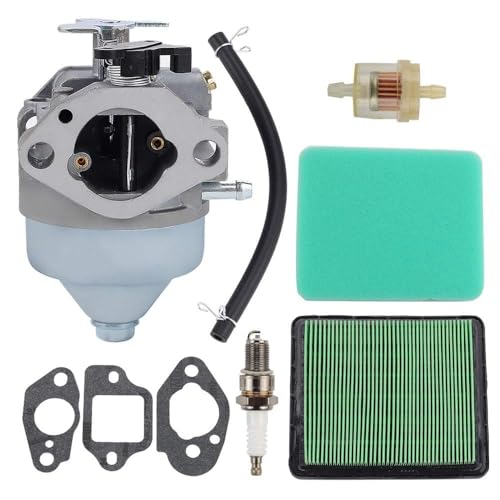
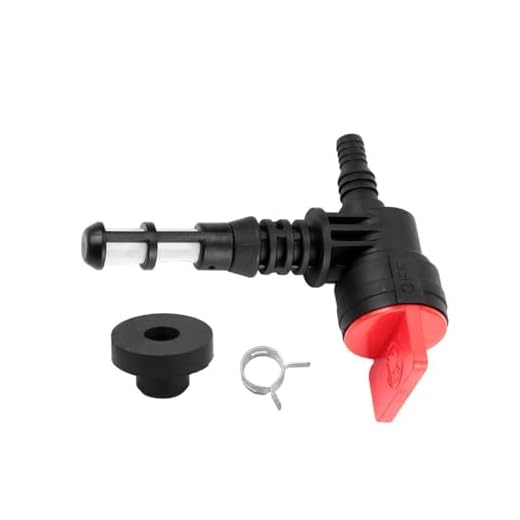


Before diving into the perplexities of your machine’s inconsistent performance, ensure that the air filter is clean. A clogged filter can lead to insufficient airflow, which ultimately compromises engine function. Replace or clean the air filter regularly to maintain optimal performance.
Next, examine the fuel system. Old or contaminated fuel can create problems, leading to stalling. Always use fresh fuel and consider adding a stabiliser if the equipment will be inactive for an extended time. Additionally, make sure the fuel lines are free of blockages or leaks, as these issues can further disrupt operation.
Another common culprit is the spark plug condition. A worn or fouled spark plug fails to ignite properly, causing the engine to stop. Regularly inspect and replace the spark plug based on the manufacturer’s recommended maintenance schedule. Keeping this component in good shape will ensure consistent ignition and prevent interruptions during use.
Finally, check the engine oil level and quality. Low or dirty oil can lead to overheating and inefficiency, eventually causing the engine to cease operation. Replace the oil as necessary, adhering to the guidelines provided in the manual, to ensure the engine runs smoothly.
Frequent Reasons for Shutdowns
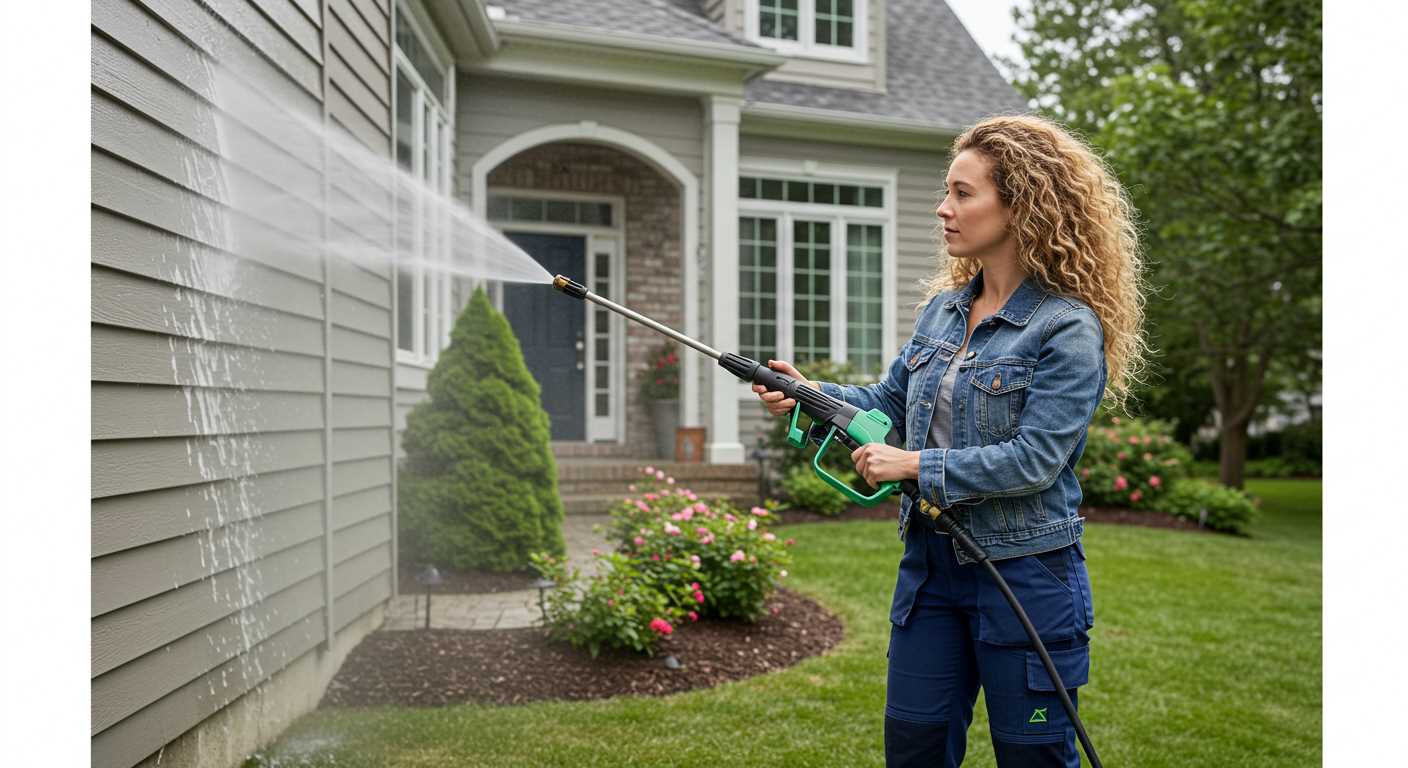
First, check the fuel level; a low amount can result in the unit stalling during operation. Always use fresh fuel, as stale petrol can lead to significant engine issues. Ensure that the fuel filter is clean, as blockages can interrupt fuel flow, causing the equipment to shut down unexpectedly.
Clogged Filters and Hoses
.jpg)
Clogged air filters or hoses may restrict airflow, causing overheating and eventual shutdown. Inspect the air filter for debris and replace it if necessary. Clear any obstructions from the water intake hose and ensure that all connections are secure to maintain consistent water flow.
Overheating Problems
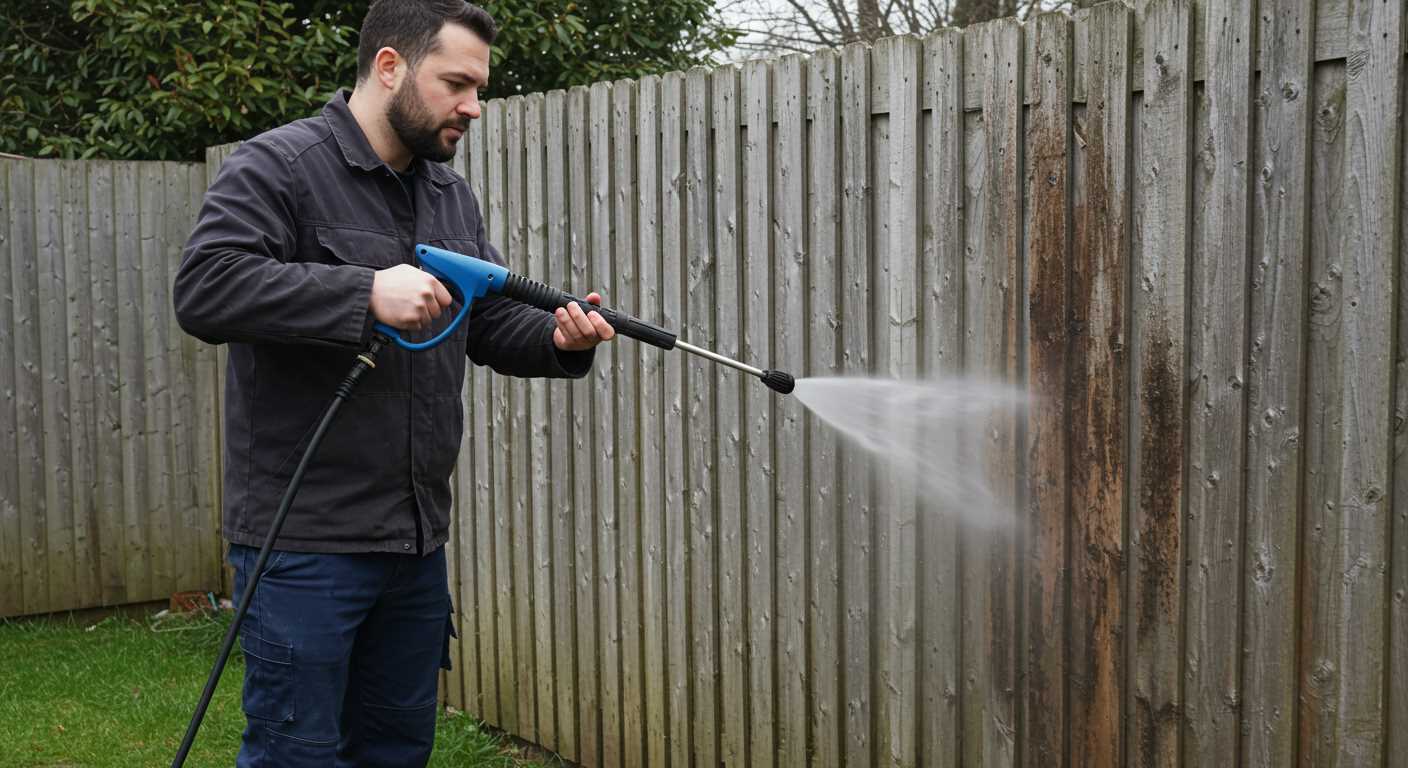
Monitor the temperature of the motor. If overheating occurs, it may be due to a blocked cooling system or low oil levels. Regularly check the oil and top it up to the appropriate level. If overheating persists, consider having the unit inspected for more serious mechanical issues.
Inconsistent maintenance practices can also fuel operational inefficiencies. Regularly perform preventive checks and clean components after each use to ensure longevity and reliability. Pay attention to unusual noises or vibrations, as these can indicate underlying problems.
Common Signs of Pressure Washer Issues
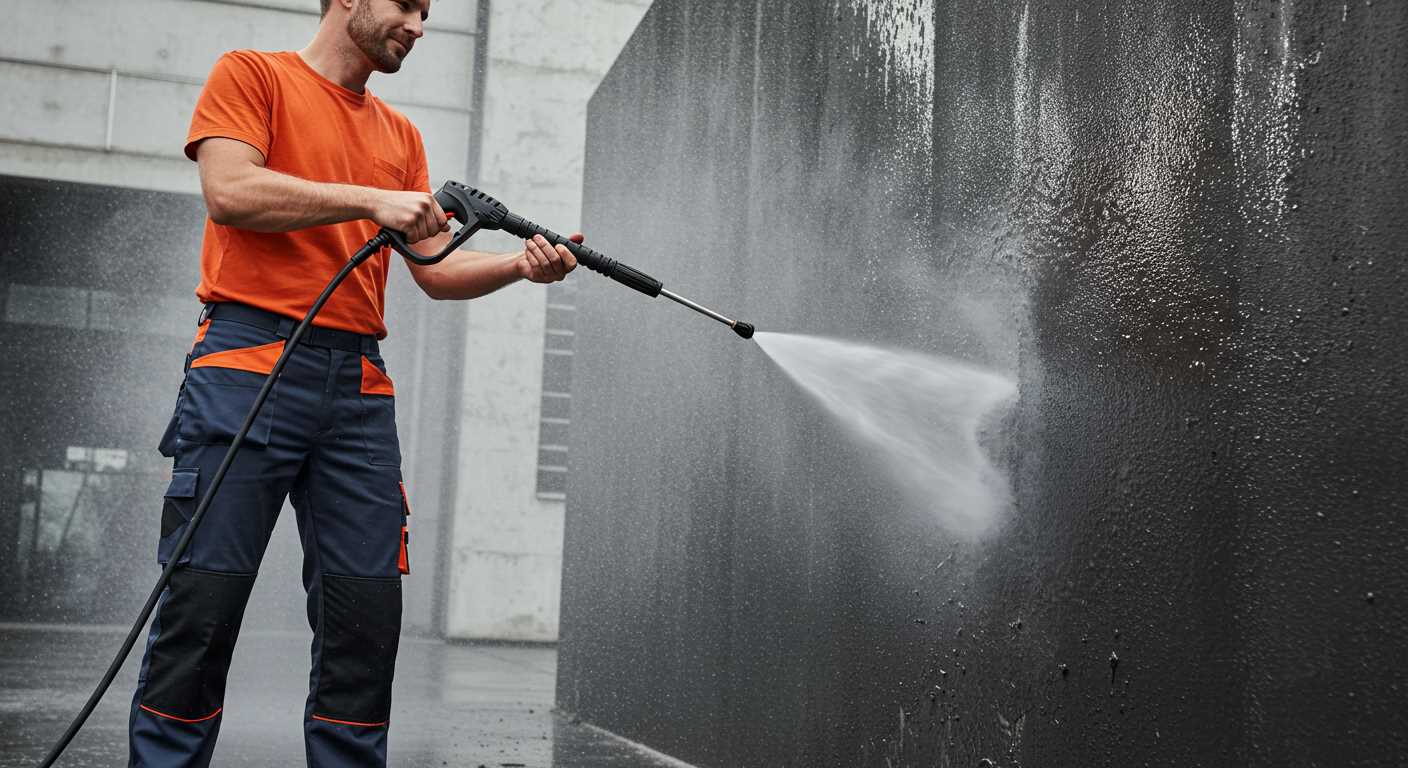
Inconsistent water output is a primary indicator of trouble. If you notice fluctuations in the pressure during operation, it could signify a clogged nozzle or a malfunctioning pump. Regular inspection and cleaning of these components can often resolve the problem quickly.
Engine Performance
A sputtering or stalling engine warrants immediate attention. This may be linked to fuel issues, such as impurities in the gasoline or an insufficient fuel supply. Assessing the fuel lines and replacing the filter can enhance engine performance and ensure smooth operation.
Unusual Noises
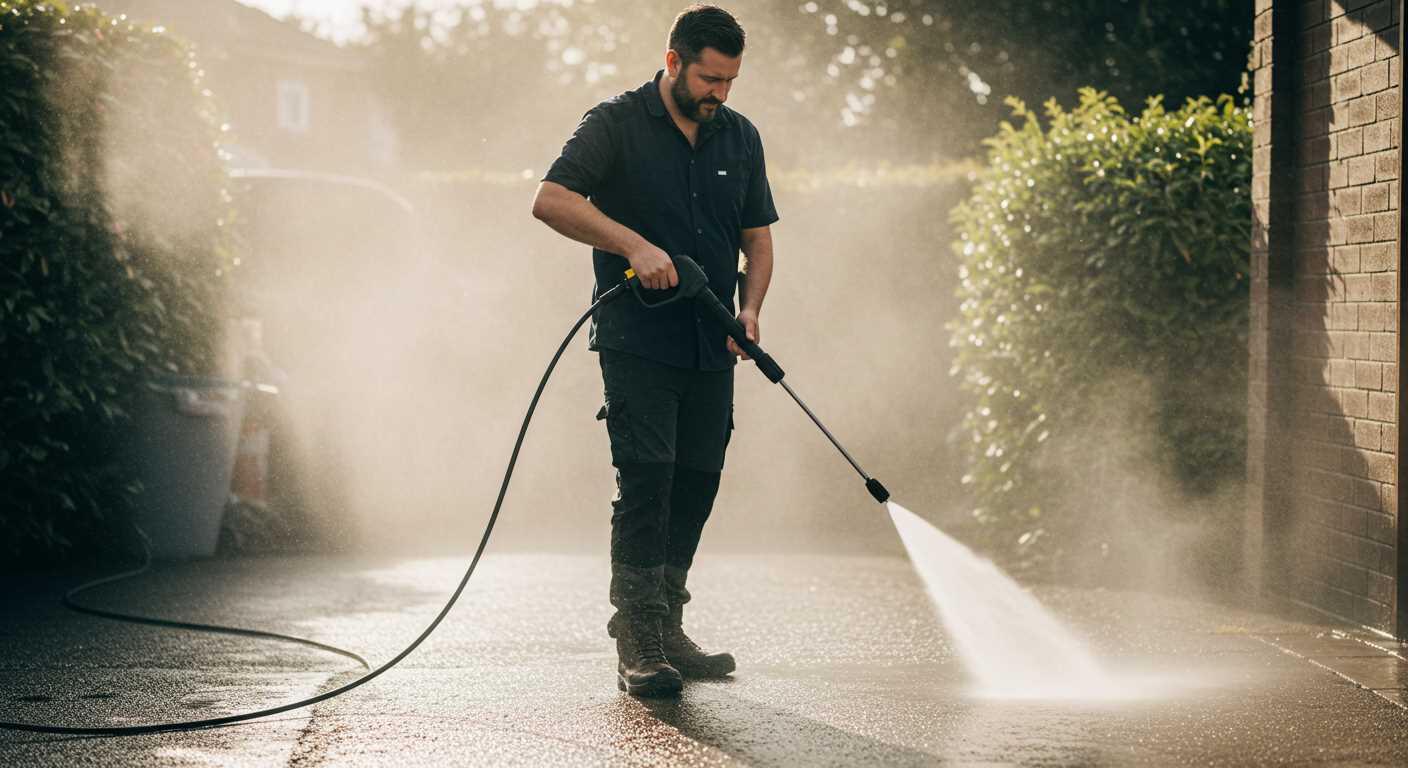
Listening for strange noises during use is paramount. Any grinding, whining, or rattling sounds might indicate mechanical failure or loose components. It’s advisable to conduct a thorough inspection to identify the source and rectify it to prevent further damage.
Fuel Quality and Availability Problems
Avoid using stale or contaminated fuel. Fresh fuel ensures optimal performance of your machine. Always purchase fuel from reputable sources to reduce the risk of impurities.
Check the following aspects regarding fuel:
- Ensure it is unleaded and suitable for small engines.
- Keep an eye on the fuel filter. If it’s clogged or dirty, replace it to improve flow.
- Consider the ethanol content in the fuel. High levels can lead to water absorption and phase separation, which could disrupt engine operation.
Recommendations for fuel storage include:
- Use a sealed container to prevent air exposure and moisture ingress.
- Mark the storage date to help track freshness and avoid using fuel older than 30 days.
- Store in a cool, dry place away from direct sunlight.
If you suspect fuel issues, drain the old fuel and replace it with fresh fuel. Keeping fuel systems clean and well-maintained will significantly reduce interruptions in operation.
Clogged Filters and Their Impact

A clogged filter can lead to overheating and poor performance of your cleaning device, as it restricts the flow of water. This can cause the machine to stall or shut down unexpectedly.
Here are steps to identify and resolve filter-related issues:
-
Check the water inlet filter:
Examine the water inlet screen for debris. If clogged, remove it and clean with water. This task should be completed regularly, especially if the source of water contains sediment.
-
Inspect fuel filter:
If the cleaning unit uses a fuel filter, ensure it is free from obstructions. Replace it if necessary, as a clogged fuel filter can restrict flow, leading to engine performance problems.
-
Clean or replace air filter:
An obstructed air filter limits the airflow into the engine, leading to inefficiencies. Always clean or replace the filter as per the manufacturer’s guidelines to maintain optimal performance.
Regular maintenance of filters not only enhances performance but also extends the lifespan of your equipment. Neglecting this can lead to more complex repairs or replacements down the line.
Finally, consider using a water source with minimal impurities. By ensuring clean water, you reduce the risk of filter blockages significantly, allowing the machine to operate at its best.
Importance of Regular Maintenance Checks
Establishing a routine for maintenance is non-negotiable for prolonging the lifespan and efficiency of cleaning machinery. Checking oil levels, spark plugs, and hoses at regular intervals can prevent major failures that often lead to operational interruptions.
I always recommend inspecting the fuel system. Contaminated fuel can cause various malfunctions, so it’s wise to replace it regularly. Also, ensure that any sediment or buildup in the tank is cleared out to maintain optimal performance.
Filters should be cleaned or replaced as needed. A clogged filter restricts airflow and decreases performance, which can result in overheating or other failures. I suggest making filter inspection a part of your monthly checks.
Additionally, pay attention to the connections and fittings. Loose parts can lead to pressure drops or leaks. Tightening these should be routine practice. A quick visual inspection can save substantial time and money in the long run.
Lastly, seasonal checks are crucial. As weather conditions change, components may expand or contract, leading to misalignments. Performing maintenance after seasonal transitions ensures that everything operates smoothly, preventing unexpected hiccups.
Electrical Issues and Their Symptoms
First, ensure that all electrical connections are secure. Loose or corroded connections can interrupt power flow, leading to inconsistent operation. Check the power cord for any signs of damage, fraying, or exposed wires, as these issues can cause short circuits.
Indicators of electrical problems include flickering lights on the unit or sudden stops during use. If the motor struggles to start or makes unusual sounds, this may suggest an underlying issue with the electrical components. In many cases, a blown fuse or a tripped circuit breaker can disrupt the functioning of the machine.
Another common electrical complication arises from faulty switches or relays. If toggling the power switch doesn’t result in operation, or if the unit occasionally fails to respond when the switch is activated, the internal circuitry may need inspection or replacement.
Using the correct voltage is essential. Running equipment on an improper voltage supply can lead to overheating and eventual failure. Monitor the circuit load to ensure it meets the specifications of your equipment to prevent damage.
Lastly, consider the role of extension cords. Using a cord that is too long or of inadequate gauge can result in voltage drops, leading to performance issues. Always use cords that meet the amperage requirements specified in the user manual for optimal electrical performance.
When to Seek Professional Help
If you’ve tried troubleshooting your machine without success, it’s time to consult a technician. Certain complications require specialised skills and tools, making it unwise to continue self-repair.
Here are specific situations indicating that assistance is needed:
| Situation | Action Required |
|---|---|
| Persistent Issues | Consult a technician for diagnostics and repairs. |
| Fuel System Problems | Seek expert help to avoid potential leaks or further fuel contamination. |
| Severe Electrical Failures | Electrical problems can be hazardous; a professional should handle them. |
| Persistent Clogging | Assistance may be needed to clean or replace internal components. |
| Start-up Issues | Persistent failure to start can indicate major faults requiring expert intervention. |
| Wear and Tear Signs | Seek professional advice if you notice excessive wear, rust, or cracks. |
Attempting to tackle these issues without the right expertise can cause damage or unsafe conditions. Obtaining professional assistance ensures that repairs are completed correctly and safely, allowing your equipment to operate reliably.

